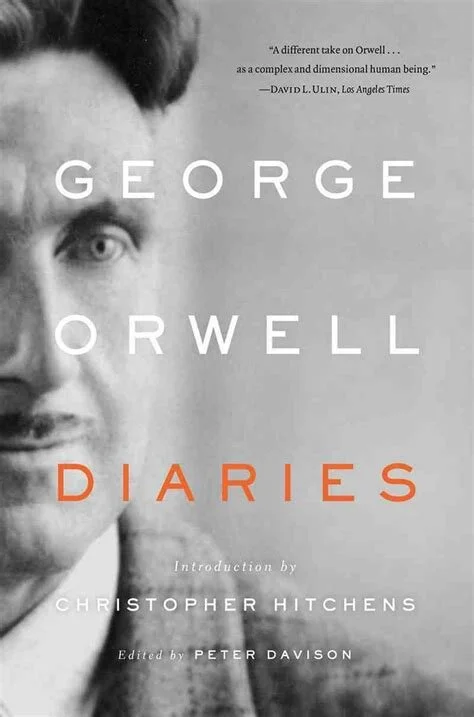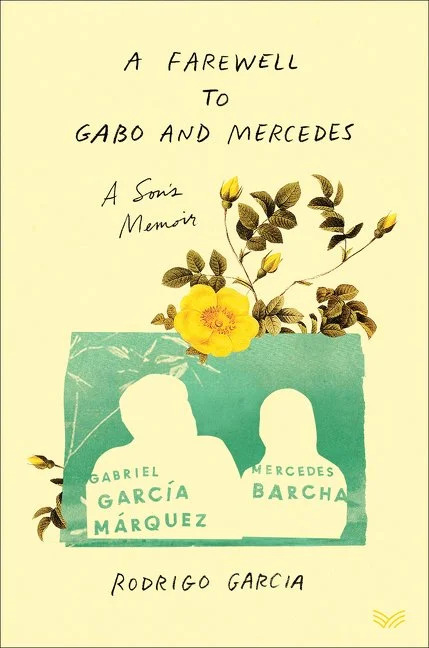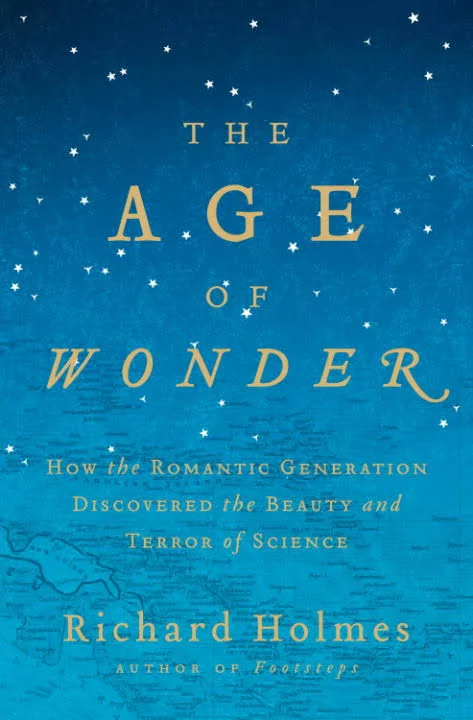George Orwell DIARIES
Book review by Dennis D. McDonald
I’m almost 20% through reading George Orwell DIARIES on my Kindle.
Orwell has been my favorite author for many years mainly because of his clarity of thinking and clarity of writing. Orwell is observant of details, he is willing to question his own beliefs and prejudices, and he respects the truth even when it conflicts with his own preferences.
At this point in the book he is moving around northern England much of the time in small towns and on foot. It’s 1936. Working people are suffering from massive unemployment, substandard working conditions, malnourishment and poor medical care, and harsh environmental conditions related to industrial pollution of air and water.
As harsh as living and working conditions are Orwell casts an unsparing eye on the well intentioned but often destructive efforts by government and corporations to improve housing and living conditions. Through Orwell‘s eyes attempts to improve living standards are always filtered through the historical and cultural realities of English class differences.
Orwell himself, a product of the English middle class, is no a stranger to the class differences enforced throughout the empire; he was for a time, after all, a district policeman in Burma where he saw firsthand the imposed legal and economic discrimination between whites and nonwhites (see his novel Burmese Days).
He sees similar discrepancies in Wigan Pier and its surrounding communities where traditional systems apparently survive on continued exploitation of workers as well as reliance on members of the middle class — such as himself — to help maintain these differences.
These are themes that appear throughout his career even when he will work for the BBC during World War II to broadcast Allied war propaganda to Asia. His diaries document the formation of his political philosophy while at the same time bearing witness to his own prejudices related to language and class. The fundamental reality he witnesses while on the road (and to some extent in his time working as a dishwasher in Paris) is that, to those at the bottom concerned about day-to-day survival, theoretical distinctions between, say, capitalism and socialism mean little. Government bureaucracies in either case can make people jump through hoops just to survive.
This harsh political reality later will become crystal-clear during his time fighting (initially) as an idealistic volunteer in the Spanish Civil War. There he will observe atrocities committed by both Communists and Fascists. (This will be documented in Homage to Catalonia.)
In 1936 both 1984 and Animal Farm are still in the future. We see in the diaries how observant he is about clothing and language and how these can subtly change from even neighborhood to neighborhood.
He is also aware that he comes from and can return to a life of relative privilege and wealth given his family background and education. That he works so hard to remain honest and objective and even in the most desperate of circumstances is one of the main reasons I shall continue reading this book.
Review copyright (c) 2020 by Dennis D. McDonald






















